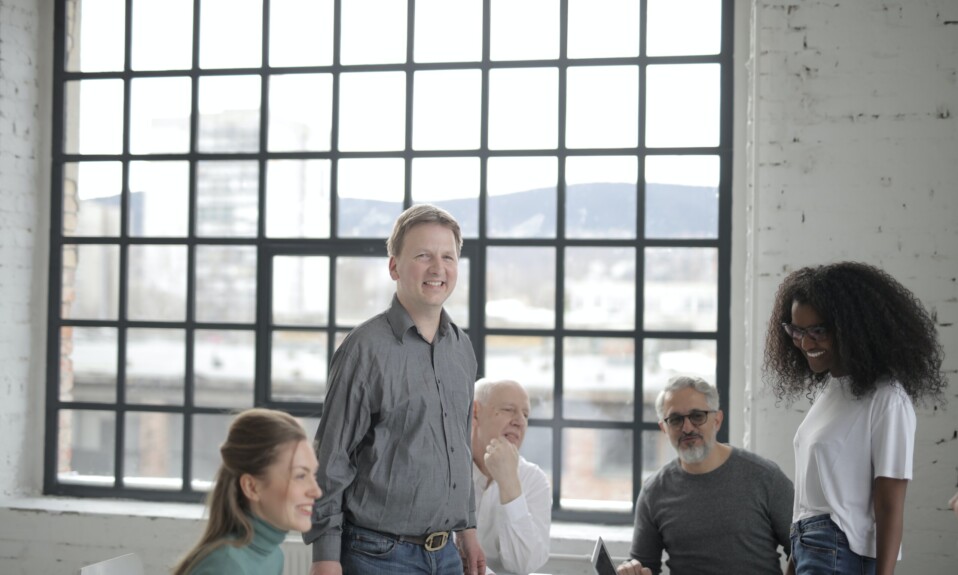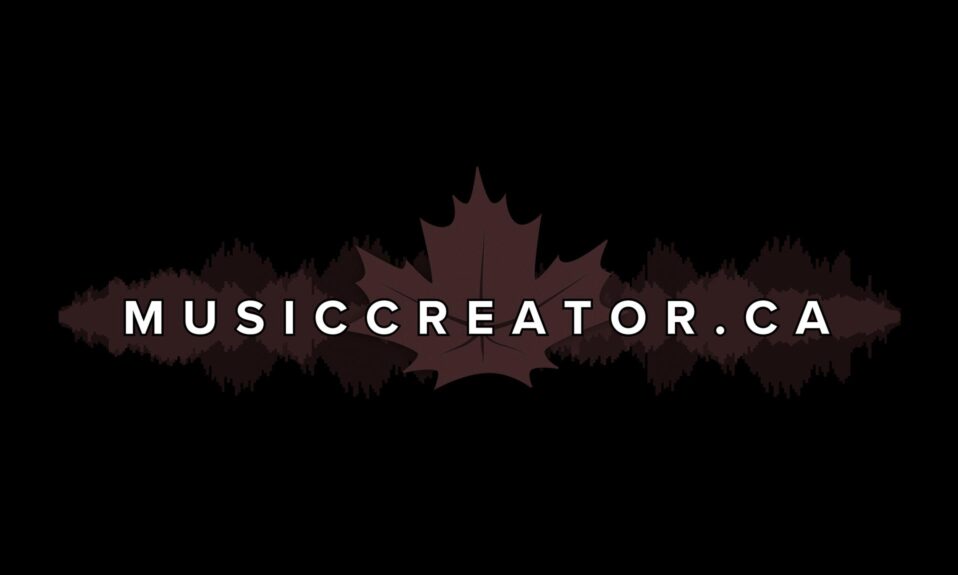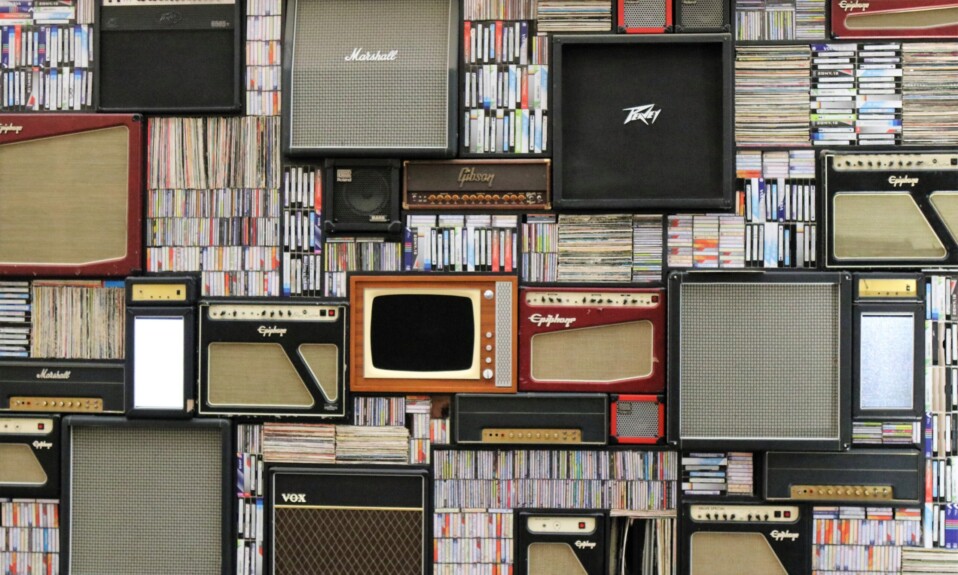
What do music creators need to know when negotiating front-end fees for custom music, and fees for the use of pre-existing music?
Please note
The information provided on this site does not, and is not intended to, constitute legal advice. Instead, all information, content, and materials available on this site are for general informational purposes only. Be sure to consult with a legal expert before signing any agreement.
While the bulk of an established music creator’s income is traditionally derived from “back-end” earnings—that is, the royalties they receive when their works are licensed and used by others—a portion may come from upfront (or “front-end”) payments. These can include fees or commissions paid in exchange for the composition of original musical works, or the synchronization of existing works with audiovisual (AV) productions. Certain entities in the music-revenue ecosystem also frequently provide creators with advances, which, in the majority of circumstances, must be repaid.
Fees for Music Used in AV Productions
Custom Music
For screen composers, upfront fees from production companies are a common and essential source of compensation—particularly for those who are just embarking on their careers, since they’ve not yet developed a large enough catalogue of licensed works to enjoy substantial back-end revenue.
Depending on the terms established in their composer agreement or production contract, the “composer’s fee” may be intended to cover only the creation of a musical work, but it is usually inclusive of the cost of producing a sound recording of that work as well (including, possibly, the hiring of musicians, the booking of studio time, and any other resources). In the latter case, it’s often referred to as an “all-in” fee. Composers should note that the composer’s fee—and what it covers—is negotiable. Some composers will successfully bargain to ensure that additional production costs are borne by the production company, not the composer.
Naturally, the composer’s fee will vary depending on the type of production they’re hired to write for, but the Screen Composers Guild of Canada (SCGC) provides some helpful guidance on what all-in fees may be considered in the mid-range of what successful Canadian screen composers get paid.
As an example, for an episode of a one-hour drama series, for which 20–40 minutes of original music may be required, the SCGC endorses an all-in fee of $8,000 to $12,000 as a mid-range.
Read the full results of the SCGC Composer Rates Survey Initiative 2018.
For certain Quebec productions, la Société professionnelle des auteurs et des compositeurs du Québec (SPACQ) has negotiated collective agreements with production companies that guarantee rates of compensation for independent entrepreneurs hired as music creators. Unlike the SCGC’s endorsed fees, each of SPACQ’s mandated fees is a minimum rate that covers just the creation of a musical work. For clarity’s sake, anything above and beyond composing, such as orchestration, editing, mixing, producing, or recording, would not be covered by this rate.
For example, as of March 15, 2022, for any film produced by l’Association québécoise de la production médiatique (AQPM), the screen composer must be paid at least $297 per minute of original music for the first 20 minutes of the movie, and $181 per minute thereafter.
Explore SPACQ’s collective agreements and accompanying fee lists.
Learn more about production contracts.
Custom Music for Ads: An Addendum
When an advertising agency, commercial production company, or music house is tasked with sourcing custom music for one of its clients’ commercials, it may reach out to either a pool of screen composers or one specific composer to submit a demo (which, in this context, is a polished sound recording of a musical work).
So these composers receive some compensation for their work, the SCGC recommends that they attempt to negotiate the payment of a demo fee of between $250 and $300 per track (assuming the ad is 30 seconds in length). It should be noted, however, that, though there is precedent for demo fees to be paid, this is no longer common—particularly if the composer has been individually selected.
When a composer is officially awarded the job, the SCGC endorses a mid-range all-in fee of $1,000–$2,500 for a commercial that’s 30 seconds long (with the rate of compensation decreasing as the length of the ad increases). The reason this range may seem somewhat disproportionate to those the SCGC endorses for other types of productions is because, in Canada, there is currently no back-end revenue (performance royalties) generated by the airing or streaming of commercials, so the front-end fee needs to account for this.
Pre-existing Music
Pre-existing works by all types of music creators are regularly embedded in AV productions—like films, TV shows, video games, commercials, or online videos. And the synchronization (or “sync”) fees paid to creators in return can be significant (though they constitute one of the few forms of upfront payment songwriters potentially receive).
When a production company or other licensee wishes to include a musical work in one of their projects, they must first negotiate and conclude a sync licence with the owner or its duly appointed representative or administrator—often a music publisher, lawyer, or sync agent—by way of a sync agreement. (Importantly, if the licensee wishes to embed an existing sound recording in their production, they must also negotiate and conclude a master-use licence with the owner of the recording.) The amount of the sync fee established in the agreement can range anywhere from three figures to six, and it’s dependent on a large number of factors including the following:
- What the music budget of the production is
- How and in what territories the production will be distributed
- How the song will be used in the production (e.g., as an opening or closing theme, featured music, background music, etc.)
- What length of time the agreement covers (the “term”)
- Whether the licence is exclusive or non-exclusive
- How famous the songwriters and/or performers on the recording are
- Whether the owners of the copyright in the song will have access to other sources of revenue (e.g., a portion of soundtrack sales, home video sales, etc.)
How music publishers and creators split sync fees is a matter of negotiation but co-publishing agreements usually allocate 70–75% to the music creator (which is often similar to the total percentage of performance royalties they receive). And, like mechanical royalties, the publisher typically receives the full sync fee and subsequently pays the creator their share.










